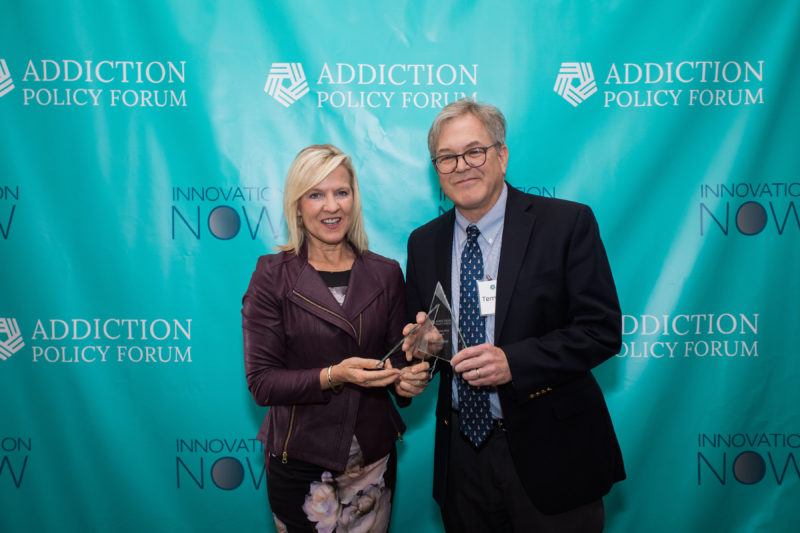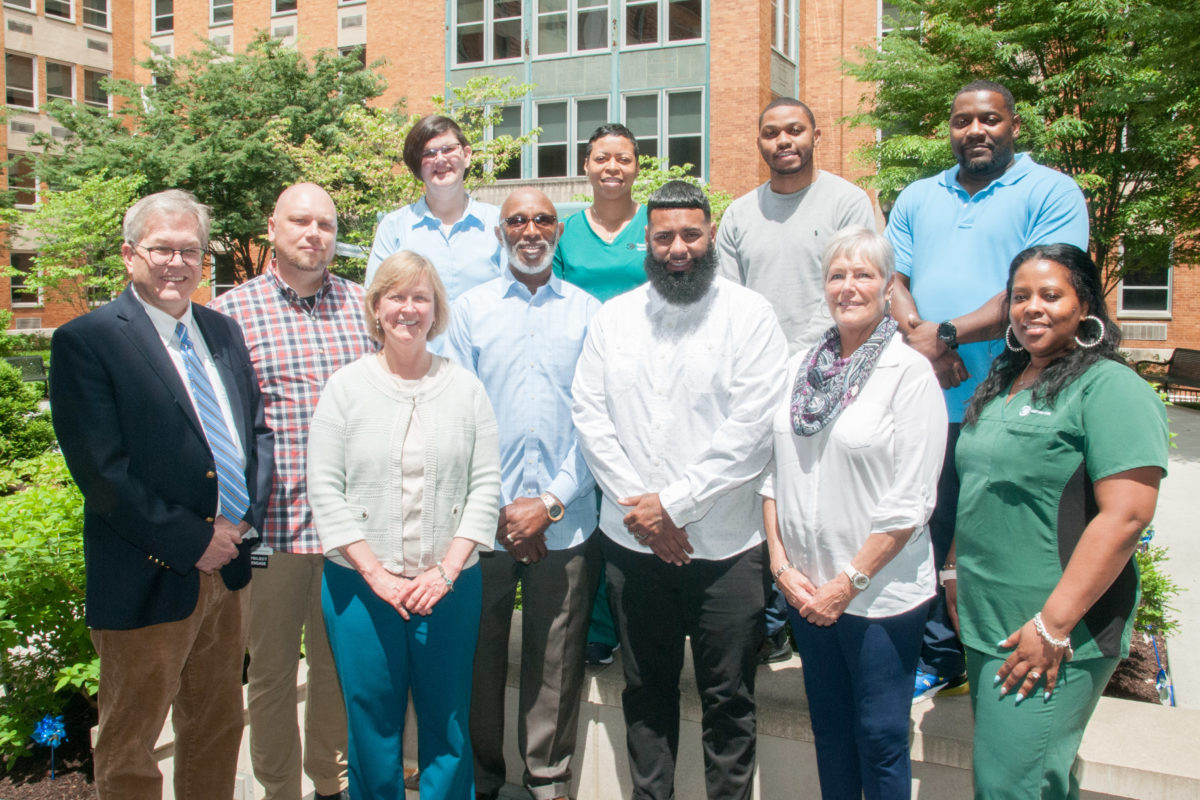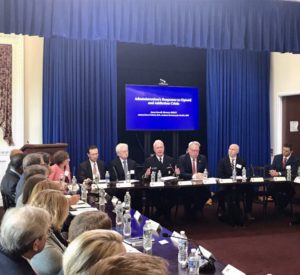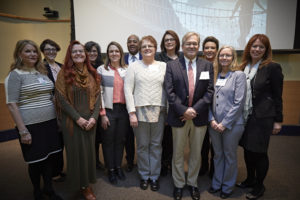For pioneering work in early intervention for people with substance use disorder, Christiana Care Health System’s Project Engage program received national recognition in the Addiction Policy Forum’s Delaware Innovations to Address Addiction report.
“We are honored to receive this recognition,” said Linda Lang, M.D., chair of the Department of Psychiatry and physician leader of the Behavioral Health Service Line at Christiana Care. “The United States has experienced an enormous health crisis due to the ravages of substance use disorder, and our innovative work in Delaware to address this crisis continues to serve as a national model. Early intervention efforts through Project Engage have helped so many in our community to get the help they need. We are actively involved in bringing our successes to hospitals in other states so they can develop similar programs.”
Delaware ranks fifth in the nation for its drug overdose rate, according to the Centers for Disease Control and Prevention. In 2018 in Delaware, 345 people died from opioid overdoses, a 12 percent increase from the previous year.
Designed to help hospital patients who may be struggling with alcohol or drug use, Project Engage provides early intervention and referrals to substance use disorder treatment. Project Engage integrates peers in recovery, who are called engagement specialists, into the clinical setting in the hospital to meet with patients at their bedside about their alcohol or drug use. The program identifies individuals at their reachable moment in the hospital and acts on it.

“The value to getting the individual into treatment is immeasurable,” says Terry Horton, M.D., Project Engage medical director. “Project Engage acts during a critical time. Our embedded engagement specialists perform a vital role. They serve as recovery ambassadors and break down barriers.”
Project Engage includes a team of 15 caregivers, in partnership with Connections Community Support Programs, Inc. The team successfully connected more than 800 patients with treatment for substance use disorder last year. A recent study shows a 59% reduction in readmission rates for emergency department patients connected to substance use disorder treatment.
The program has been operating for more than a decade and continues to grow. Most recently, Project Engage expanded to provide 24/7 coverage in Christiana Care’s three emergency departments. This expansion includes a pilot program assisting emergency department providers in treating opioid withdrawal and connecting patients to community-based drug treatment programs.
Project Engage is also a key part of Christiana Care’s pioneering opioid withdrawal clinical pathway, implemented in 2016. The pathway screens for and identifies hospitalized patients who are in withdrawal. More than 50% of these patients have successfully connected to ongoing drug treatment. With the expansion to 24/7 coverage in the emergency department, the number of engagements conducted each year has grown from 2,000 to 3,000. The program has served more than 10,000 patients since it began in 2008.
Project Engage has collaborated with health systems in other states, including Pennsylvania, Virginia and West Virginia, to develop similar peer recovery programs.
Most recently, Project Engage’s Tanya Bracey, clinical program manager, John Czartorijskij, lead engagement specialist, spoke at a West Virginia Department of Health and Human Resources conference focused on training and networking for peer support workers. Their breakout session on “Responding to OD Survivors” was on an agenda that drew some 300 attendees.
“Our partnership with Christiana Care has been instrumental in our programs’ progress and success,” said Marsha A. Dadisman, state opioid response engagement coordinator for the West Virginia Bureau for Behavioral Health. “Through Christiana Care’s shared experiences, we learned better ways to interact with hospital medical staff, and how to successfully recruit, train and supervise peer recovery coaches. We also learned new strategies to promote positive changes in culture and attitude toward recovery.”
The Addiction Policy Forum, headquartered in Washington, D.C., with resources and services in every state, is a nonprofit organization dedicated to eliminating addiction as a major health problem.



